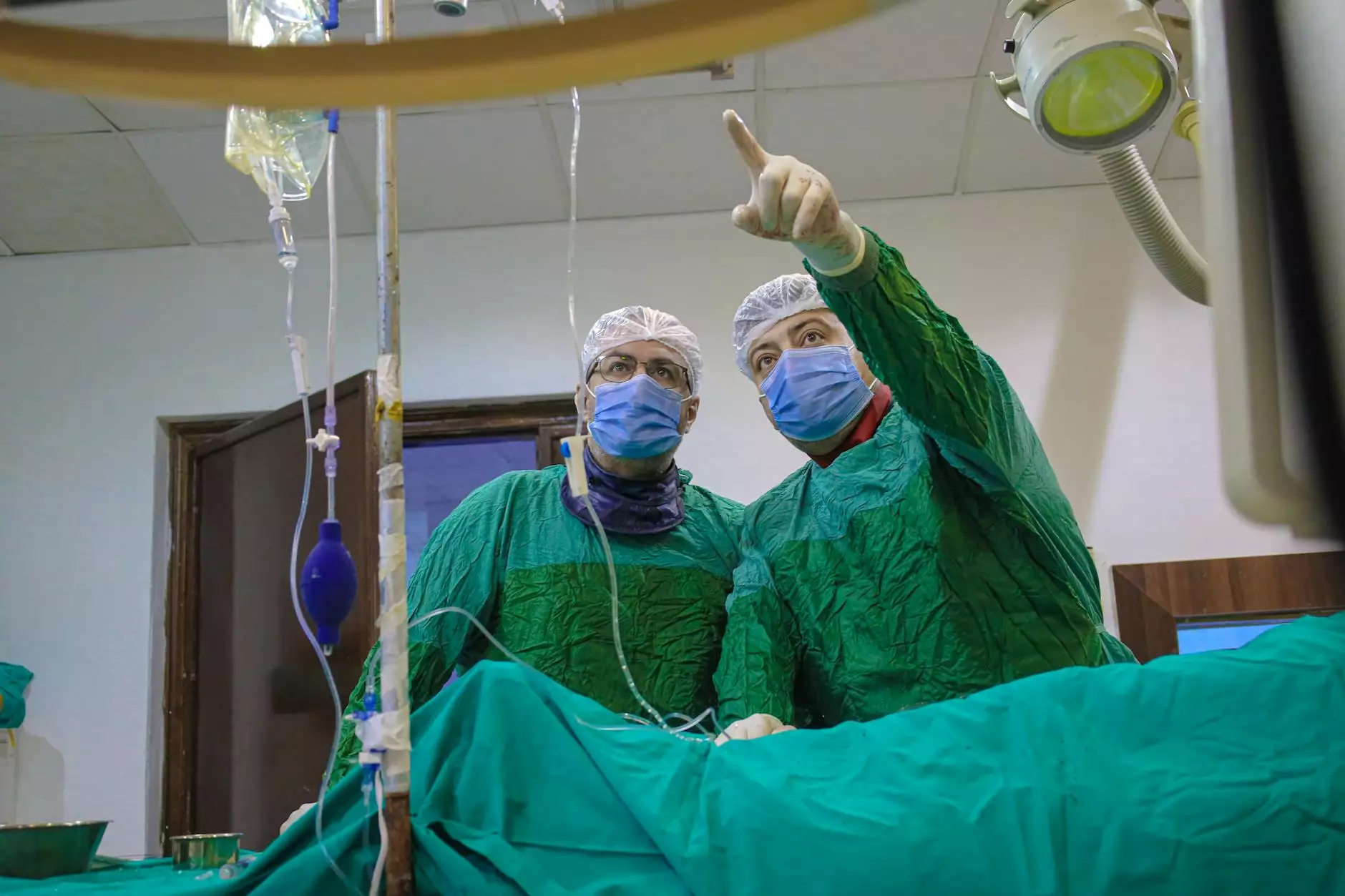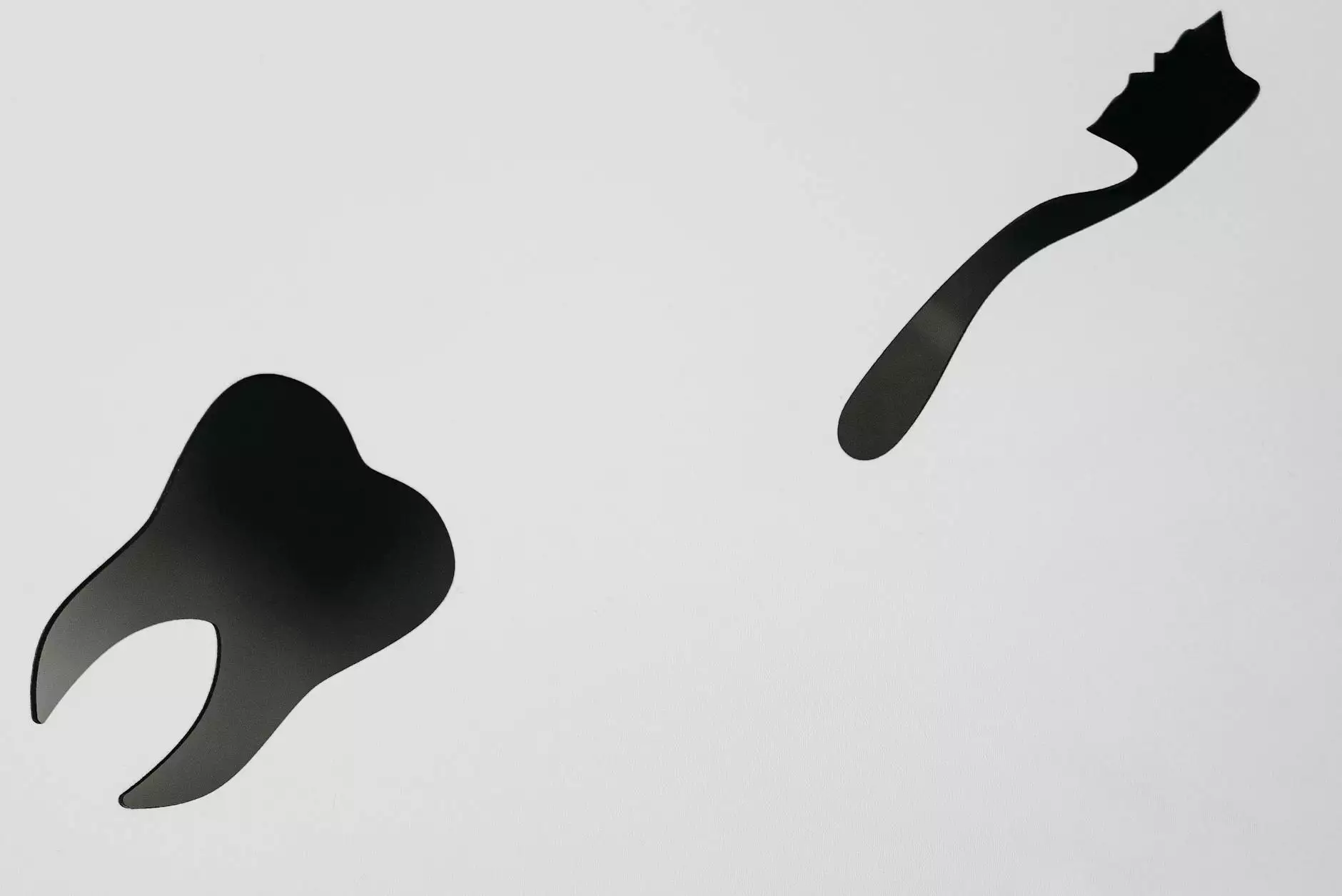Understanding Laser Ablation Surgery for Legs

Laser ablation surgery represents a remarkable advancement in the field of vascular medicine, specifically designed to treat various conditions affecting the legs. As technology evolves, patients benefit from less invasive procedures that enhance recovery times and overall outcomes. In this comprehensive article, we will delve into what laser ablation surgery entails, the conditions it addresses, and its numerous advantages.
What is Laser Ablation Surgery?
Laser ablation surgery involves using focused light energy to target and treat specific areas within the body. In the context of leg treatment, this procedure is particularly effective for conditions related to the blood vessels and veins. It is commonly employed to address issues such as:
- Varicose veins
- Spider veins
- Venous insufficiency
How Does Laser Ablation Work?
The procedure begins with the patient receiving local anesthesia to ensure comfort. A small incision is typically made near the affected vein. A thin laser fiber is then guided into the problematic vein. The laser emits energy that heats and closes the vein, preventing blood from flowing through it. Over time, the body naturally absorbs this sealed vein, significantly reducing symptoms like swelling and discomfort.
Step-by-Step Procedure
The laser ablation surgery leg process can be broken down into several key phases:
- Consultation: A comprehensive evaluation by a vascular specialist to understand the patient's condition and medical history.
- Preparation: Instructions are provided regarding pre-surgery preparations such as avoiding blood thinners or other medications.
- Anesthesia: Local anesthesia is administered to minimize pain during the procedure.
- Laser Application: The laser is introduced into the vein, and energy is emitted to collapse it.
- Aftercare: Post-operative care instructions are provided, including details on monitoring any signs of complications.
Conditions Treated with Laser Ablation
Laser ablation surgery is particularly effective in treating a variety of venous conditions, including:
1. Varicose Veins
Varicose veins are swollen, twisted veins that can be visibly prominent, usually occurring in the legs. They arise from weakened valves within the veins, causing blood to pool. Laser ablation efficiently targets these veins, leading to symptom relief and improved aesthetics.
2. Spider Veins
Spider veins are smaller, red or blue vessels often found on the surface of the legs. Similar to varicose veins, they can be a source of discomfort and cosmetic concern. Laser treatments can diminish their appearance without the need for more invasive options.
3. Venous Insufficiency
This condition occurs when veins cannot efficiently return blood from the legs to the heart. This inefficiency can result in swelling, pain, and skin changes. Laser ablation offers a solution by sealing off the affected veins, restoring proper blood flow.
Benefits of Laser Ablation Surgery
This innovative procedure presents a multitude of benefits for patients suffering from venous issues:
- Minimally Invasive: Compared to traditional vein stripping, laser ablation involves smaller incisions, leading to faster recovery.
- Reduced Pain: Most patients experience minimal discomfort during and after the procedure.
- Quick Recovery Time: Many individuals return to their normal activities shortly after the surgery.
- High Success Rate: The closure rates for treated veins are significantly high, with minimal recurrence of symptoms.
- Aesthetic Improvement: The procedure not only alleviates pain but also improves the appearance of the legs.
Risks and Considerations
While laser ablation surgery is generally safe, it's important to be aware of potential risks:
- Discoloration: Some patients may experience changes in skin color near the treated area.
- Blood Clots: In rare cases, blood clots can form post-surgery.
- Infection: As with any surgical procedure, there is a small risk of infection.
- Allergic Reactions: Patients may react to anesthesia or topical medications used during the procedure.
Recovery and Aftercare
The recovery process following laser ablation surgery leg is often straightforward. Here are some key points concerning aftercare:
1. Compression Stockings
Patients are typically advised to wear compression stockings to support healing and enhance blood circulation.
2. Physical Activity
Light activities and walking are encouraged soon after surgery to promote blood flow and prevent complications.
3. Follow-Up Appointments
Scheduling follow-up appointments with the vascular specialist is essential to monitor the treatment area's healing process.
Cost of Laser Ablation Surgery
The cost of laser ablation surgery can vary significantly based on factors such as location, the complexity of the case, and whether the procedure is covered by insurance. It's advisable for patients to discuss financial aspects during their initial consultation with a vascular specialist.
Choosing a Qualified Professional
When considering laser ablation surgery, selecting a qualified and experienced vascular surgeon is crucial. Key factors to look for include:
- Board Certification: Ensure the doctor is certified in vascular medicine.
- Experience: Look for a surgeon with a significant number of successful procedures.
- Patient Reviews: Read testimonials from previous patients to gauge satisfaction and outcomes.
Conclusion
Laser ablation surgery is paving the way for innovative solutions in treating leg vascular conditions. The minimally invasive nature of the procedure paired with its high success rates has transformed the approach toward managing venous issues. If you're experiencing symptoms of varicose veins, spider veins, or venous insufficiency, consider discussing laser ablation surgery with a qualified vascular doctor at Truffles Vein Specialists. Your legs will thank you for choosing a modern solution that prioritizes both health and appearance.
As awareness and technology surrounding laser ablation surgery continue to evolve, it's crucial for individuals to educate themselves and seek professional advice on the best treatment options available. Embrace the opportunity to reclaim your health and confidence with this exceptional procedure.









